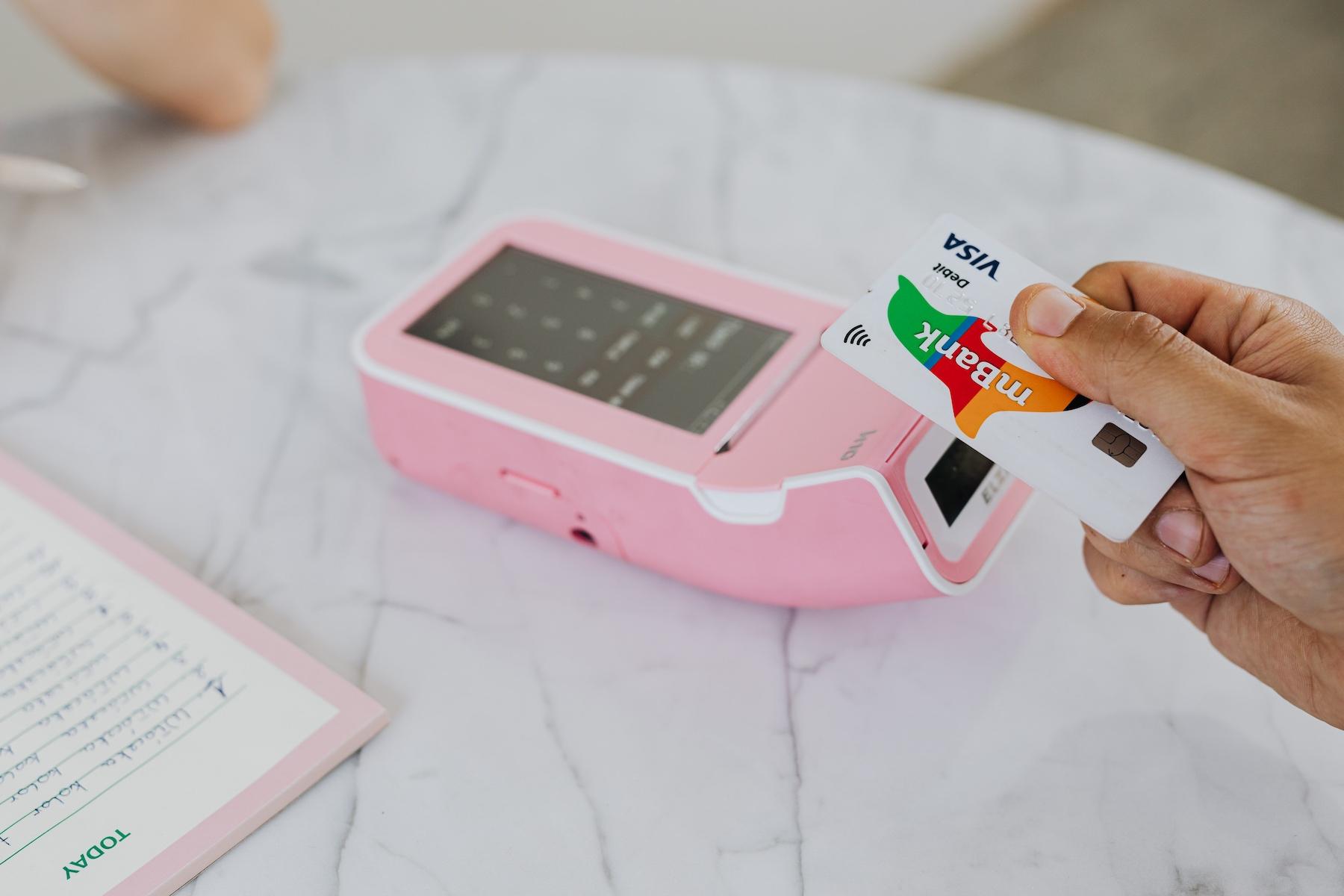In early September 2023, Visa, the global payments giant, announced that it was now using the Solana blockchain for stablecoin payments of USD Coin (USDC). The announcement comes after news of their partnerships with WorldPay and Nuvei.
WorldPay and Nuvei process debit and credit card payments for businesses globally, but now with the Solana deal, clients can choose to receive USDC stablecoins instead of fiat. This should create faster payments and settlements for those clients, as they don’t have to wait for banks to process the transfers and instead harnesses the faster settlement time of Solana.
Why Solana?
In a blog post, Visa outlined the reasons why they’ve chosen Solana to be their pilot blockchain to use for USDC settlements. We’ll discuss each reason below.
Transaction Throughput at the Scale of Visa
Though Visa acknowledges that Solana can’t scale to the 65,000 transactions per second (TPS) that Visa’s network is capable of, the 2,000 TPS that Solana can process during peak demand is enough to use it as a pilot program.
Solana can also process transactions in parallel, helping to greatly reduce the chances of network congestion. Transactions involving separate accounts can be executed at the same time, allowing Solana to efficiently support payment and settlement transactions that occur primarily between two distinct parties or where a single party pays out to many other parties.
Low, Predictable Transaction Costs Help Drive Payment Efficiencies
Solana’s transaction fees are both affordable at less than a cent, but also predictable. Low-cost transaction fee predictability helps make Solana an attractive network to use for efficiencies and cost savings for already existing payment models.
In contrast, a network with unpredictable transaction costs (such as the base layer of Ethereum or Bitcoin) can be more difficult for payment companies to manage within their products and makes it more difficult for consumers to predict costs.
Transaction Finality Expected by Consumers
Solana’s transaction finality is another attractive feature in Visa’s eyes. The majority of applications built on Solana use “optimistic confirmation” for their transaction finality. Optimistic confirmation is a mechanism that allows transaction finality without waiting for all validators to confirm the block.
For optimistic confirmation, a block can be considered finalized if validators representing more than two-thirds of delegated stake validators have voted on it, meaning it takes less time than if all had to.
Notably, no blocks which have been optimistically confirmed on Solana have ever been rolled back or failed to finalize. The mechanism allows Solana to achieve finality in a much shorter time than many other blockchains, allowing for better payment experiences.
High Amount of Availability
Visa knows that an effective payments network needs to always be available to initiate and execute a transaction at the instant a payment needs to be made for a client. Visa believes that for blockchain networks, availability is best measured by the number of independent participants or nodes that cooperate and run the network to make it available for users to initiate transactions.
Visa notes that as of July 2023, the Solana network has 1,893 active validators, while there are 925 more nodes called RPC nodes, which may not create blocks themselves but maintain a local record of transactions. These nodes are spread across 40 countries.
This high number of nodes in the Solana blockchain network enhances its resilience and redundancy. If some of the nodes encounter issues or go offline, Solana’s network can still function without data loss, as long as an adequate number of nodes stay online. The Solana network has nodes in over 40 different countries and hundreds of unique hosting arrangements and distinct locations.
Closing Thoughts: Traditional Finance Keeps Inching Closer to Crypto
Visa’s announcement is in line with Mastercard’s announcement that they’re working on a Multi-Token Network. Both payments giants are looking to capitalize on blockchain technology and the benefits which it can provide to their industry.
Whether Solana is the best blockchain network for Visa to use in the long-term remains to be seen, but it’s a good step forward for crypto adoption.
